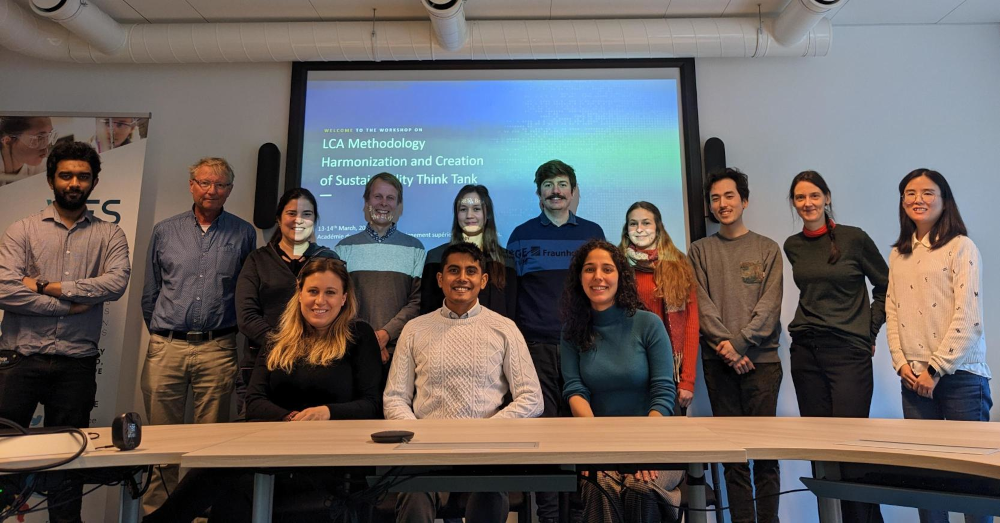
LCA of PV Technologies – in Search of the Harmonized Approach
Perovskite/silicon tandem solar cells have attracted worldwide attention thanks to significant increases in efficiencies in a very short time. However, the economics as well as social and environmental impacts of the manufacturing, operation and recycling perovskite-based photovoltaic (PV) devices on an industrial scale are not yet very well understood. Experts conducting Life Cycle Assessments (LCA) of various PV emerging technologies address this task.
VALHALLA participated on 13 and 14 March, with over 50 specialists from 26 different institutions, including research organizations, universities, and industry met at LCA Methodology Harmonization Workshop to discuss different aspects and challenges of LCA.
The main goal of this event was to gather different groups conducting sustainability assessments, with a special focus on LCA, of perovskite-based solar cells and other PV technologies within projects funded by the EU.
The workshop succeeded in bringing together 11 EU PV technology LCA projects, current and completed, as well as 1 industry LCA project under the spotlight.
Over two days, experts discussed key aspects of LCA, including
- selection of temporally and spatially representative electricity datasets from a database for the production mix
- selection of impact assessment methods that are inclusive of all production materials
- current and future end-of-life LCA modelling trends for low technology readiness level PV technologies
- currently used default parameters (e.g. lifetime, performance ratio, solar irradiation, etc.)
- necessary inclusion in an LCA report to provide a comprehensive reading experiences.
The overarching aim that accompanied discussions was to highlight the need of harmonizing methodological choices when solar perovskite and other innovative PV technologies are being assessed.Perovskite/silicon tandem solar cells have attracted worldwide attention thanks to significant increases in efficiencies in a very short time.
A follow-up workshop is planned for the end of 2023, where the goal, among others, is to agree on the LCA parameters identified in this workshop within a larger group involving most EU-commissioned PV technology LCA projects.
The presentations shown during the workshop can be obtained from the event’s website.